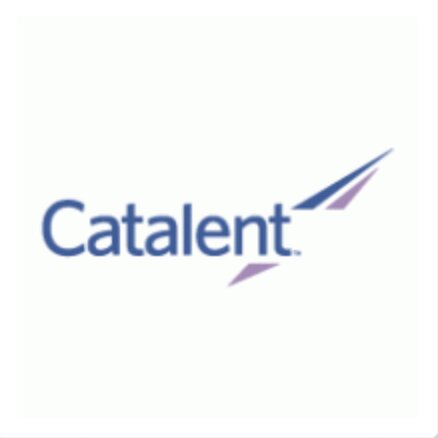The European Commission is set to announce its decision on the proposed acquisition of contract drug manufacturer Catalent by Novo Holdings, the primary shareholder of pharmaceutical giant Novo Nordisk, by December 6, 2024.

This follows an official submission for approval filed by Novo Holdings on October 31, as noted on the Commission’s website.
The decision will determine whether the EU regulators will grant clearance to the deal outright, potentially with stipulations, or initiate an in-depth four-month investigation should they identify significant competition concerns. This acquisition, originally publicized in February, aligns with Novo Nordisk’s strategic efforts to ramp up production of its high-demand obesity drug, Wegovy.
Stakeholder Responses and Broader Implications
Novo Holdings, Novo Nordisk, and Catalent have reiterated their belief that the transaction will be finalized by the end of this year. However, as of Monday morning, none of the companies have provided additional comments. The regulatory landscape for this acquisition also includes scrutiny from the United States, where the Federal Trade Commission (FTC) issued a second request for information back in May. The FTC has yet to update on the status of its review.
Notably, major players in the pharmaceutical industry have voiced opposition to the acquisition. Roche, a leading drugmaker, has suggested that the deal could harm competition within the rapidly expanding market for weight-loss drugs. Eli Lilly, a direct competitor of Novo Nordisk in the obesity and diabetes drug sector, has also indicated concerns about potential market imbalances.
The deal has not only drawn the attention of competitors but has also faced criticism from U.S. consumer advocacy groups. In October, these groups urged the FTC to block the merger, asserting that it could hinder fair competition within the industry. U.S. Senator Elizabeth Warren has joined the fray, urging the FTC to closely evaluate the transaction for any potential antitrust violations that might provide Novo Nordisk with an unfair advantage in the obesity drug sector.
Next Steps and Potential Outcomes
Should the EU regulators identify substantial concerns regarding the merger’s impact on market competition, they may opt for an extended, comprehensive review. Such a move would delay any final decision by several months and could impose additional conditions on the parties involved. This scenario underscores the European Commission’s mandate to maintain competitive markets, particularly in booming sectors like weight-loss pharmaceuticals, where competition is critical to innovation and consumer choice.
The outcome of the EU’s decision is being closely watched, as it will influence both European and global markets, with potential repercussions for regulatory practices in the pharmaceutical industry.